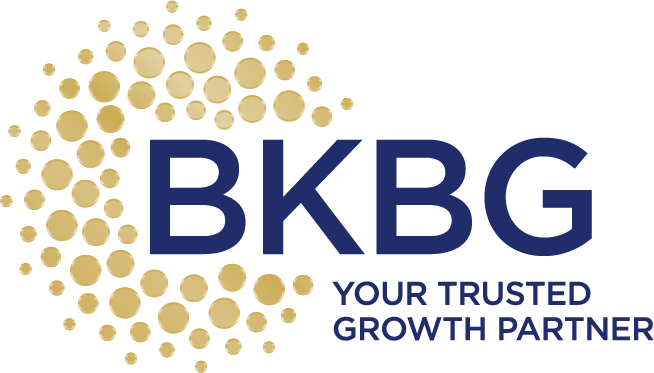Come On Get Happier
Thomas Jefferson wrote in the Declaration of Independence that Americans have the inalienable right to life, liberty, and the pursuit of happiness. What exactly is happiness and how do you pursue it in a world dominated by video calls, deadlines, supply chain shortcomings, and human frailty, and disappointment? A key might be to develop a more meaningful definition of happiness that may not include professional and material accomplishments, because the feelings that come from those accomplishments tend to be fleeting. That’s one reason why highly successful people with almost unlimited financial resources might not be happy.
Happiness is not a goal but a mindset, claims Jenn Lim in her book Delivering Happiness: How Authentic Leaders Prioritize Purpose and People for Growth and Impact. Every individual can define what happiness means to them, which helps to eliminate external factors that can neither increase or decrease your sense of well-being or satisfaction. Lim advises to equate happiness to being true to who you are and where your values and priorities lie. When you understand and are content with your purpose, nothing can take away your happiness.
The Science of Happiness
The way your brain works affects happiness. Human brains are programmed to search for pleasure and survival. The biological pursuit of happiness is not achieving brief moments of gratification, which are never permanent. Happiness is the result of motivating yourself to find what sustains you for the long term. When you achieve goals of self-improvement such as, increased curiosity or to eat healthier and exercise regularly, happiness is more permanent. That’s why many people who have lost a lot of weight or improved their health comment that they feel better about themselves. Rarely do people relate that they feel better about themselves after a big contract win or stock market victory.
Happiness in the Showroom
Team members who are intrinsically motivated tend to be happier, more productive, and professionally satisfied. According to a study in the Journal Frontiers in Psychology becoming happier improves communication capabilities, increases engagement, generates more positive client relationships, energy, passion, and enthusiasm and enhances productivity, efficiency, and commitment.
There is a direct link between happiness and values. Instead of focusing on meaning, concentrate on what makes you tick and what you care about. Your values prioritize your time, resources, energy, work and attention that are key to being happier.
Changing behaviors is not easy. How many times have you said to yourself, "I need to eat healthier or exercise more often?" Instead of committing to losing 15 pounds, task yourself with losing 1 pound a week. When you break down big goals into manageable pieces, they are easier and less stressful to achieve and help to increase your happiness quotient.
